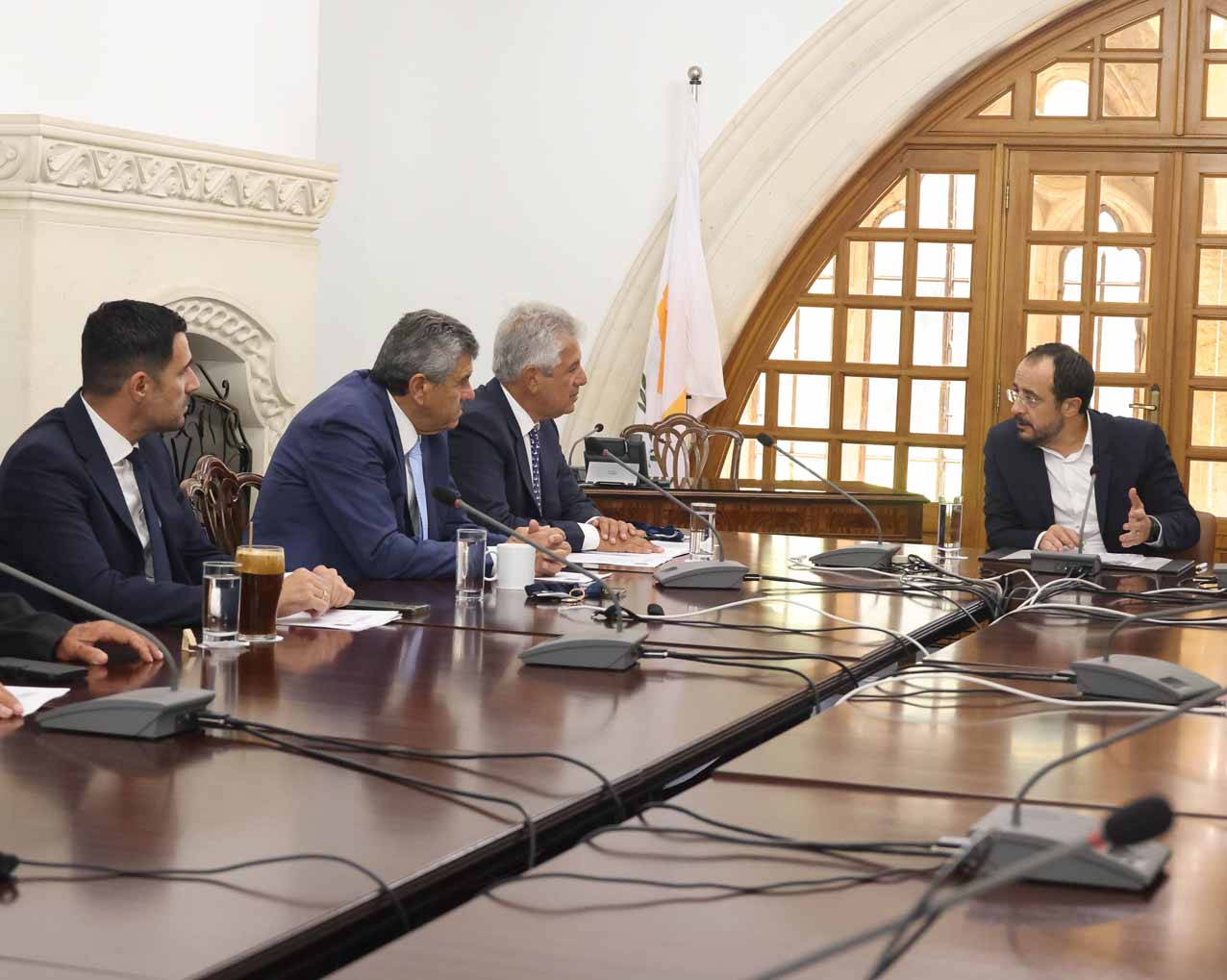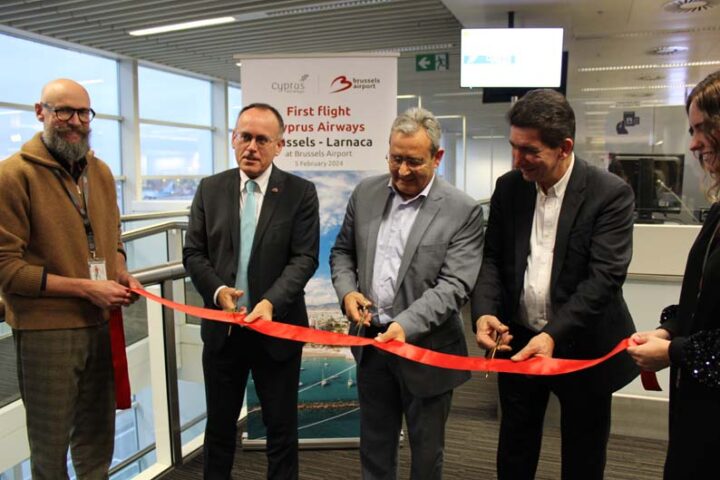It matters when the tourism sector faces enormous challenges. In the early years when tourism became an industry, many called it the hen laying the golden eggs.
In the 1970s and ’80s, tourism helped the war-torn economy generate growth, jobs, and foreign income.
Today, it faces different challenges because it is paying the highest energy bill among its main competitors, human capital is scarce and expensive, and the cost of capital goes through the roof.
If the hotel industry is to survive and offer high-quality services while staying profitable, the government must lend a helping hand, and President Christodoulides is committed to doing that.
At least, this is the impression he gave during a meeting on Thursday with representatives of the main hoteliers’ organisation, PASYXE.
Unions want to kill every effort to bring workers from third countries, those outside the EU.
Greece, Turkey, Egypt, Lebanon, and Dubai enjoy low-cost labour, the primary cost for any good hotel services.
Cyprus can benefit enormously if it can bring 20% – 25% of hotel labour from these countries with the same status as house helpers.
Currently, the unions force the industry to pay asylum seekers more than €400 per month than what they pay their Cypriot counterparts.
And that’s because they employ them with the same salary terms plus accommodation and food, a benefit Cypriots don’t have.
Labour shortage
Still, labour shortages threaten many hotels staying closed if they can’t find the necessary staff.
In some cases, they are forced to pay much higher wages to attract people from their counterparts, but driving labour costs even higher is not the answer.
This practice leaves many hoteliers with dangerously low profitability to service their debts.
Hotels need renovations every 8-10 years and a great deal of annual maintenance, leaving them with low earnings before interest taxes and depreciation, known as EBITA.
Low profitability translates into lower investments and even lower asset values.
Boosting profitability, on the other hand, can help improve the quality of services offered and benefit the sector with foreign and domestic investments, which will generate more private and public revenues.
President Christodoulides has this in mind.
He told hoteliers he would meet with them every two months to monitor progress and address whatever issues would help the industry become more competitive.
If he manages to overcome the obstacles raised by the unions, then the President would have provided a great service not just to the industry but to the economy as a whole.
And that’s because the hotel industry has positive externalities as it drives growth in construction, trade and some supporting services.
DIKO president Nicolas Papadopoulos also talked to the hoteliers the day before, and he is supporting new energy and labour policies that will help improve the industry’s competitiveness.
It is encouraging to see that political will is there, but concrete results will ultimately determine the fate of the hen with the golden eggs.
Michael Olympios is Editorial Consultant for the Financial Mirror










